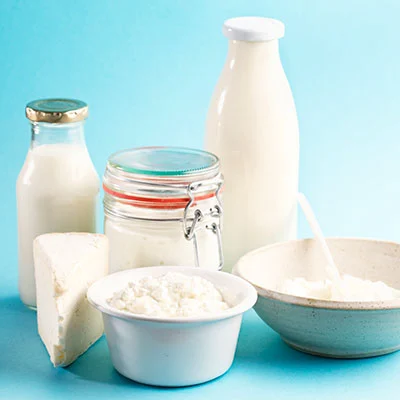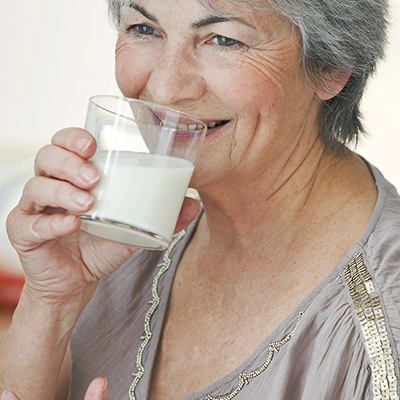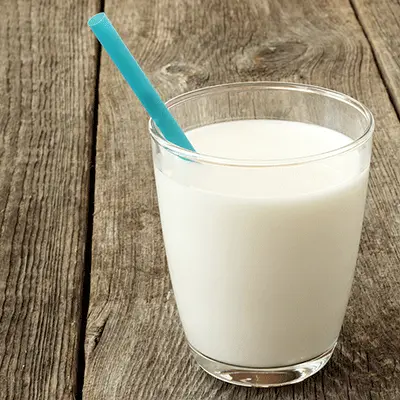Does Drinking Milk Cause Mucus?
With cold and flu season in full swing, you may be looking for ways to ease your symptoms, but avoiding milk doesn’t have to be one of them.
The current body of research indicates that milk and other dairy foods do not increase mucus production.
While mucus may sometimes be unpleasant, it does serve a purpose. Mucus helps hydrate the mucous membranes, including those in the nose and throat, and provides a barrier to trap unwanted bacteria and allergens (such as dust or pollen).
The belief that drinking milk increases mucus when you have a cold has been around for years. Almost 30 years ago, a study on healthy volunteers inoculated with a common cold virus found consuming milk and other dairy foods was not associated with an increase in upper or lower respiratory tract symptoms of congestion or the measured weight of nasal secretions.
Results of another study by the same research group suggests the “milk mucus effect” may stem from how milk feels in the mouth and throat rather than any direct effect on symptoms.
A review concluded milk does not lead to mucus production or the occurrence of asthma. Avoiding milk and other dairy foods is not a recommended treatment for asthma, and there is no reason to avoid milk when you are sick with the common cold. For medical advice specific to your needs, please consult your physician.
Unfortunately, there is no cure for the common cold, but a balanced, healthy eating pattern, which includes fat-free or low-fat milk, is an important part of an overall healthy lifestyle. Milk is an important source of nine essential nutrients our bodies need to support health and is also hydrating.















